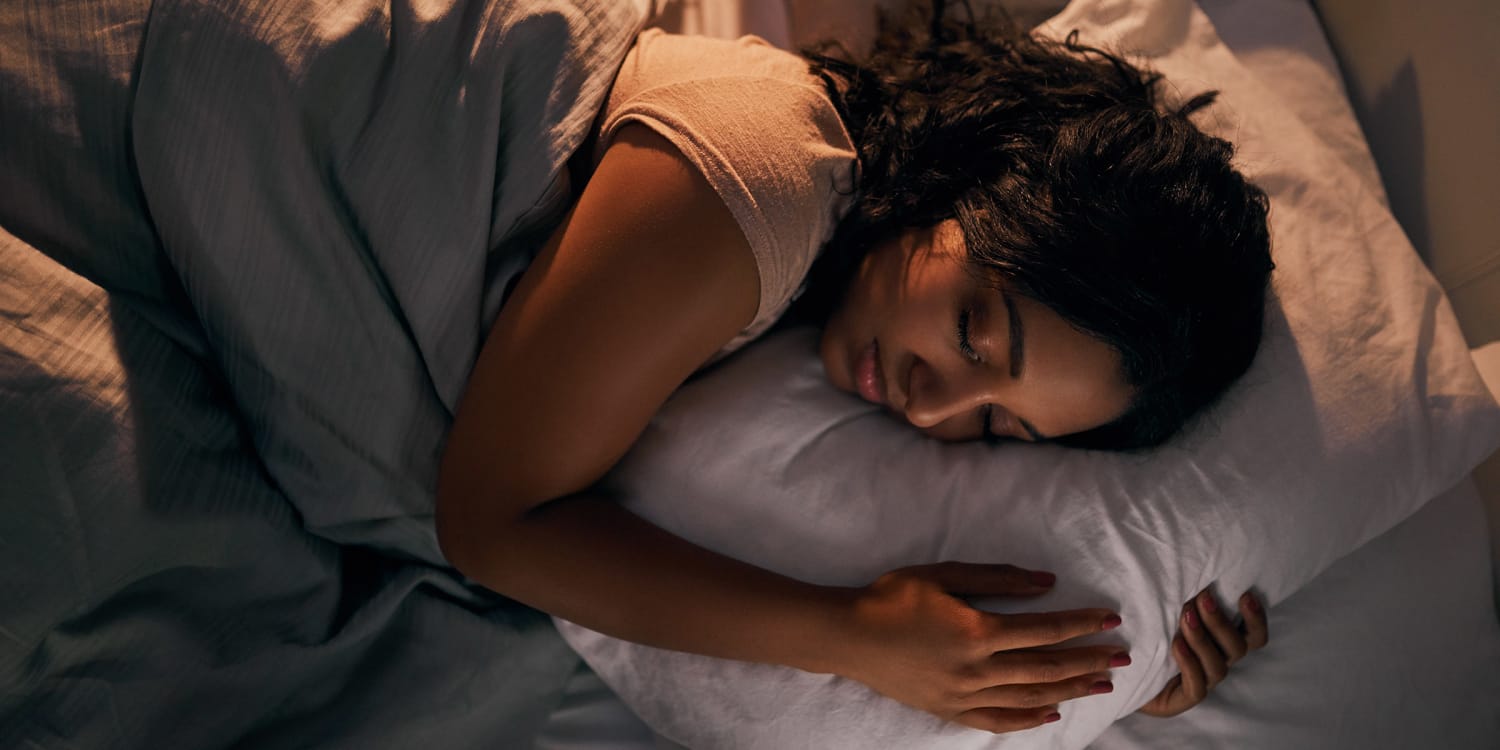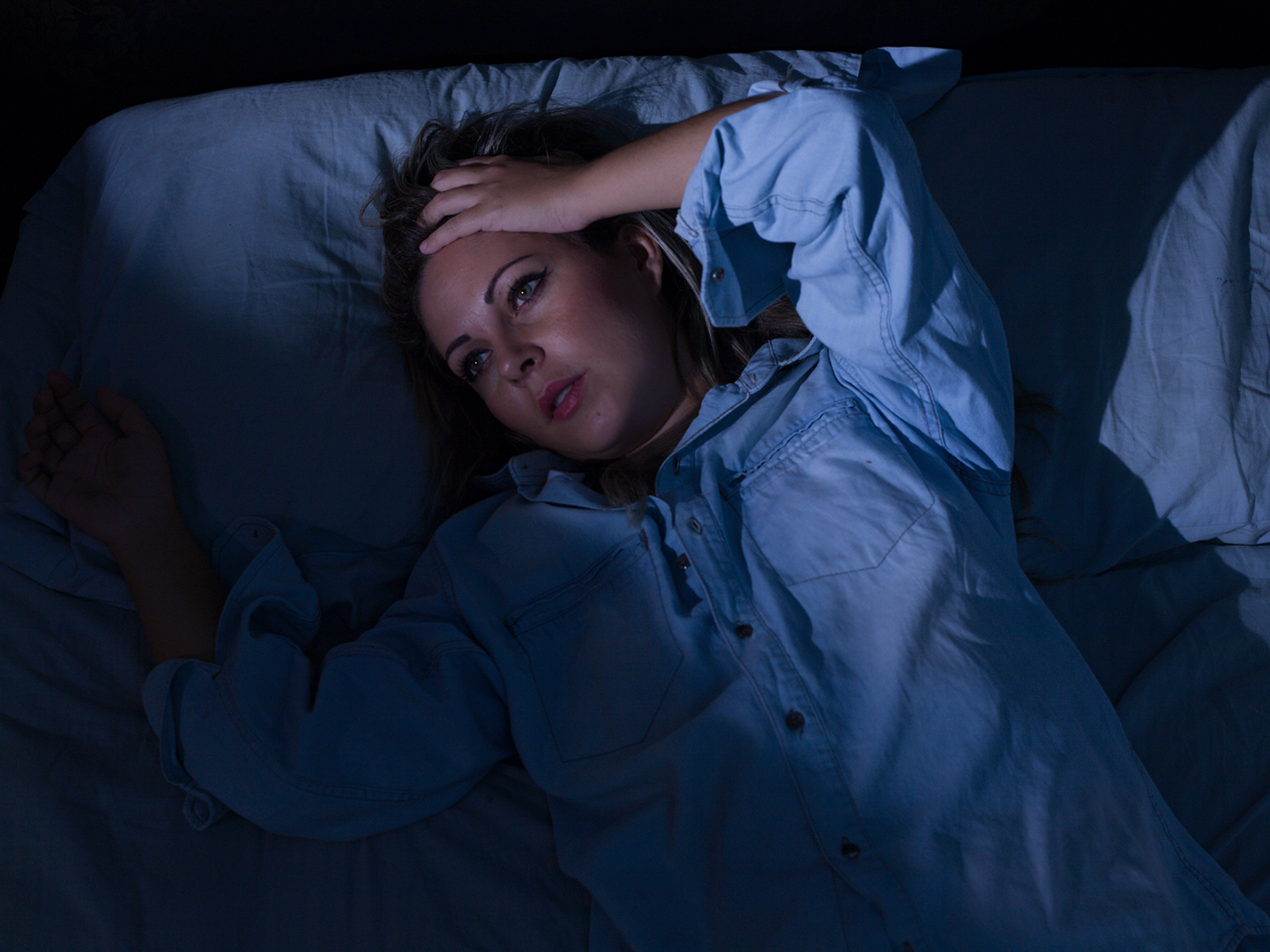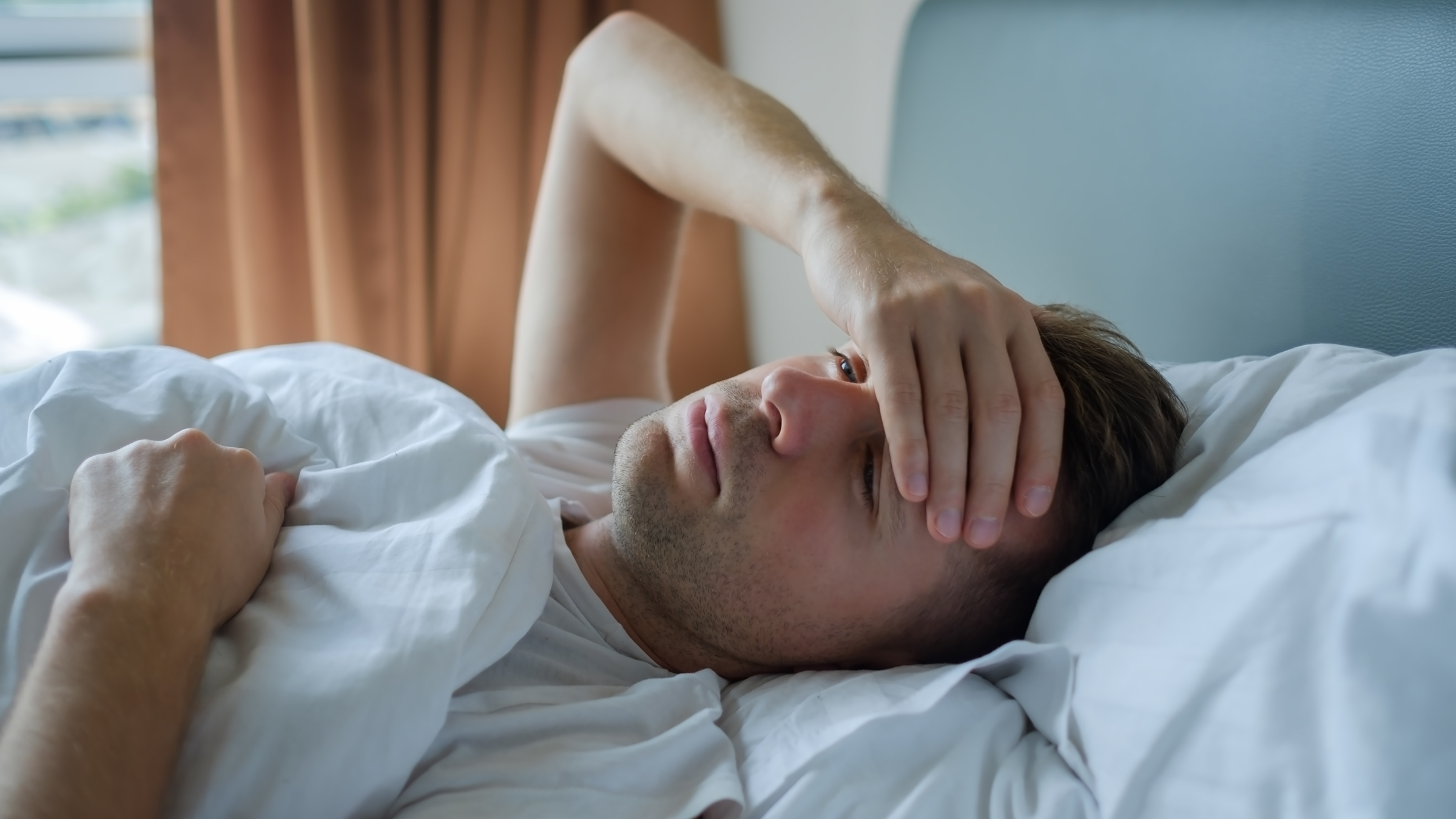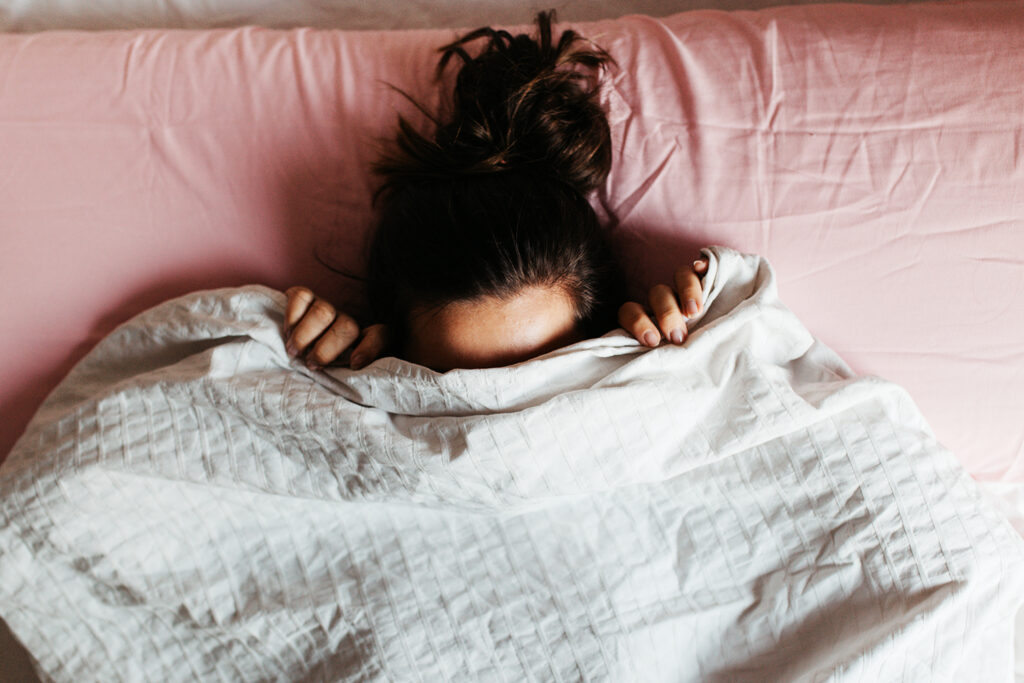Most of the time, alcohol is consumed at night. Because if you start in the morning, you are going to be wiped out by the time evening rolls around and you are most likely to spend the rest of the evening with a hangover. But, when you drink alcohol in the evening or at night, you are pretty much done with anything important that you need to do. It is then OK for you to be under the influence of alcohol when you’ll be merely watching TV, talking with friends or dancing. It is also more socially acceptable to drink at night, and by the time you are done, you can just crawl into bed and sleep it off.
So, can we assume that alcohol consumption does not have any impact on sleep? Does that mean you can sleep right after drinking alcohol?
If you want to learn about the connection between alcohol and sleep or if you want to know if it’s safe for you to sleep right after drinking a glass of wine, have a look below.
Alcohol Can Make You Feel Sleepy
 No one is denying the fact that drinking a few glasses of your favorite wine or beer can give you those woozy-boozy feelings – the ones that make you feel very sleepy.
No one is denying the fact that drinking a few glasses of your favorite wine or beer can give you those woozy-boozy feelings – the ones that make you feel very sleepy.
Alcohol is classified as a sedative –be it a mild depressant or relaxant – and this is why people drink to relax or unwind after a long and tiring day at work. It effortlessly contributes to that feeling of euphoria and reduces inhibitions. It does affect people differently, with some having a higher tolerance to alcohol and others a much lower one. But, in the end, all alcoholic beverages produce a calming effect. And, the more you drink, the higher the GABA activity in your brain, which results in you feeling sleepy.
So, does that mean alcohol can actually enhance your sleep? Not really!!
How Can Alcohol Impair Your Sleep?
 According to numerous studies, alcohol, being a depressant, can help you fall asleep faster, but these effects are temporary; in fact, it is known that these drowsy effects can quickly wear off after just a few hours.
According to numerous studies, alcohol, being a depressant, can help you fall asleep faster, but these effects are temporary; in fact, it is known that these drowsy effects can quickly wear off after just a few hours.
As per the research carried out by National Sleep Foundation, alcohol can bind the GABA alpha1 receptor, which is what makes you feel sleepy and it causes an increase in the production of adenosine – a naturally occurring chemical that acts as a sleep inducer. However, as your body tries to get rid of the alcohol in your system, this chemical will “fade” quickly, increasing your chances of waking up in the middle of the night.
It Affects Natural Sleep Cycles
First and foremost, let us consider that a person’s sleep cycle consists of 4 phases of sleep. Phase 1, 2 and 3 are NREM (non-rapid eye movement) sleep while phase 4 refers to REM (rapid eye movement) sleep. Usually, REM is known as the most mentally restorative stage of sleep, however, the problem with alcohol is that it will make you reach stages 1, 2 and 3 more quickly and spend more time in these stages, at the expense of REM stage of sleep.
Alcohol Can Trigger Snoring and Sleep Apnea
Alcohol is a relaxant, but as it lingers, the muscles that would normally have held your throat open will relax and cause you to snore. For some people, it can be very dangerous – even deadly. Sleep apnea is a condition where you can actually stop breathing – it could be for as long as thirty seconds – before you erupt into a single, long violent snore. As this happens, the body can release some nasty chemicals which can affect many of your organs, including the heart and the brain.
So, Does Alcohol Make You Sleep Better?
 Nope!!
Nope!!
If you don’t want to miss out on the benefits of the restorative power of REM sleep, allow at least 3-4 hours between your last drink and the time you go to sleep.


